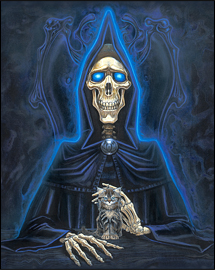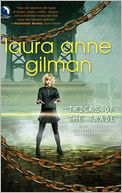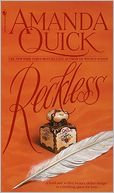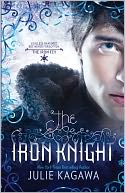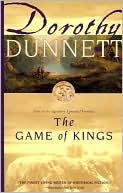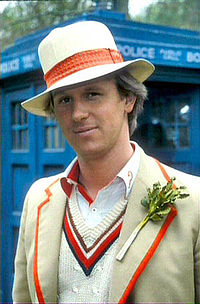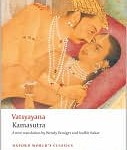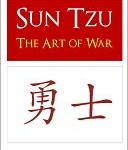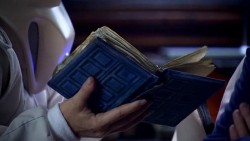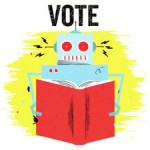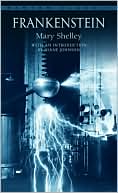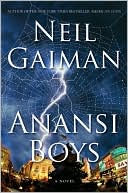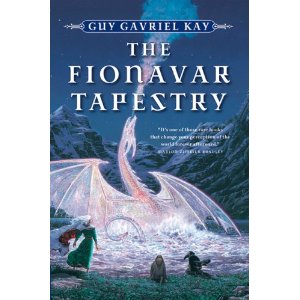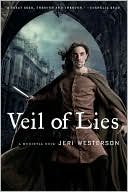It was not a given that U.S. soldiers in the field would be able to vote or would be supported in exercising the franchise. Many obstacles were whittled away over the years, including a fear of standing armies being allowed to vote in the first place, logistical difficulties delivering the ballots, poll taxes, a multitude of state regulations, and so forth. Even now in the era of the Federal Voting Assistance Program, much work remains to be done to assure that every U.S. citizen-soldier abroad who wants to can vote.
Many of the obstacles that prevented soldiers from voting were the same obstacles that prevented others from voting. It was never just a matter of getting the ballots out to the field and back.
Voting is and was a right that many soldiers took seriously — including POWs, who in some cases held straw votes even in the face of no expectation that their vote could be counted.
In honor of Veterans Day and the ongoing struggle to truly support U.S. military personnel, here is some reading.
General Grant to Secretary of War Edwin Stanton, 27 September 1864:
The exercise of the right of suffrage by the officers and soldiers of armies in the field is a novel thing. It has, I believe, generally been considered dangerous to constitutional liberty and subversive of military discipline. But our circumstances are novel and exceptional. A very large proportion of legal voters of the United States are now either under arms in the field, or in hospitals, or otherwise engaged in the military service of the United States. Most of these men are not regular soldiers in the strict sense of that term; still less are they mercenaries who give their services to the Government simply for its pay, having little understanding of political questions or feeling little or no interest in them. On the contrary, they are American citizens, having still their homes and social and political ties binding them to the States and districts from which they come, and to which they expect to return. They have left their homes temporarily to sustain the cause of their country in the hour of its trial. In performing this sacred duty they should not be deprived of a most precious privilege. They have as much right to demand that their votes shall be counted in the choice of their rulers as those citizens who remain at home. Nay, more, for they have sacrificed more for their country. I state these reasons in full, for the unusual thing of allowing armies in the field to vote, that I may urge on the other hand that nothing more than the fullest exercise of this right should be allowed, for anything not absolutely necessary to this exercise cannot but be dangerous to the liberties of the country. The officers and soldiers have every means of understanding the questions before the country. The newspapers are freely circulated, and so, I believe, are the documents prepared by both parties to set forth the merits and claims of their candidates…
Lt. Harold Norris, stationed in Britain, in a letter to Yank Magazine appearing in its 17 March 1944 issue:
Dear Yank:
Yours is a young, lusty publication that doesn’t pull its punches, and I think the soldier vote is an issue that needs some of your punching. The denial by Congress of the right to vote is an outright contradiction of the Four Freedoms, the Atlantic Charter, our Constitution or any name our war aims go by. Look, Yank, why don’t you say something on this? Secretary Stimson has said that 48 state laws make soldier voting impossible. So if we don’t have the Federal Government or the Army to administrate the voting, we’ll have vote prohibition this war.
You’re pretty sharp, Yank — can’t you see that this representatives of the poll tax and state’s rights are using that prop wash to deny the soldiers the right to vote in the same way they have denied the vote to others? A lot of us look upon this issue as one test of the sincerity of democratic intentions in the war and in the peace. And we would much rather have our right to vote than the mustering-out pay of $300, which we all may pay for through the nose through inflation anyhow. The soldier-voting issue is a morale one. Our morale is high, but there is no limit. Punch a little bit for us on this issue and our moral will hit an even higher ceiling.
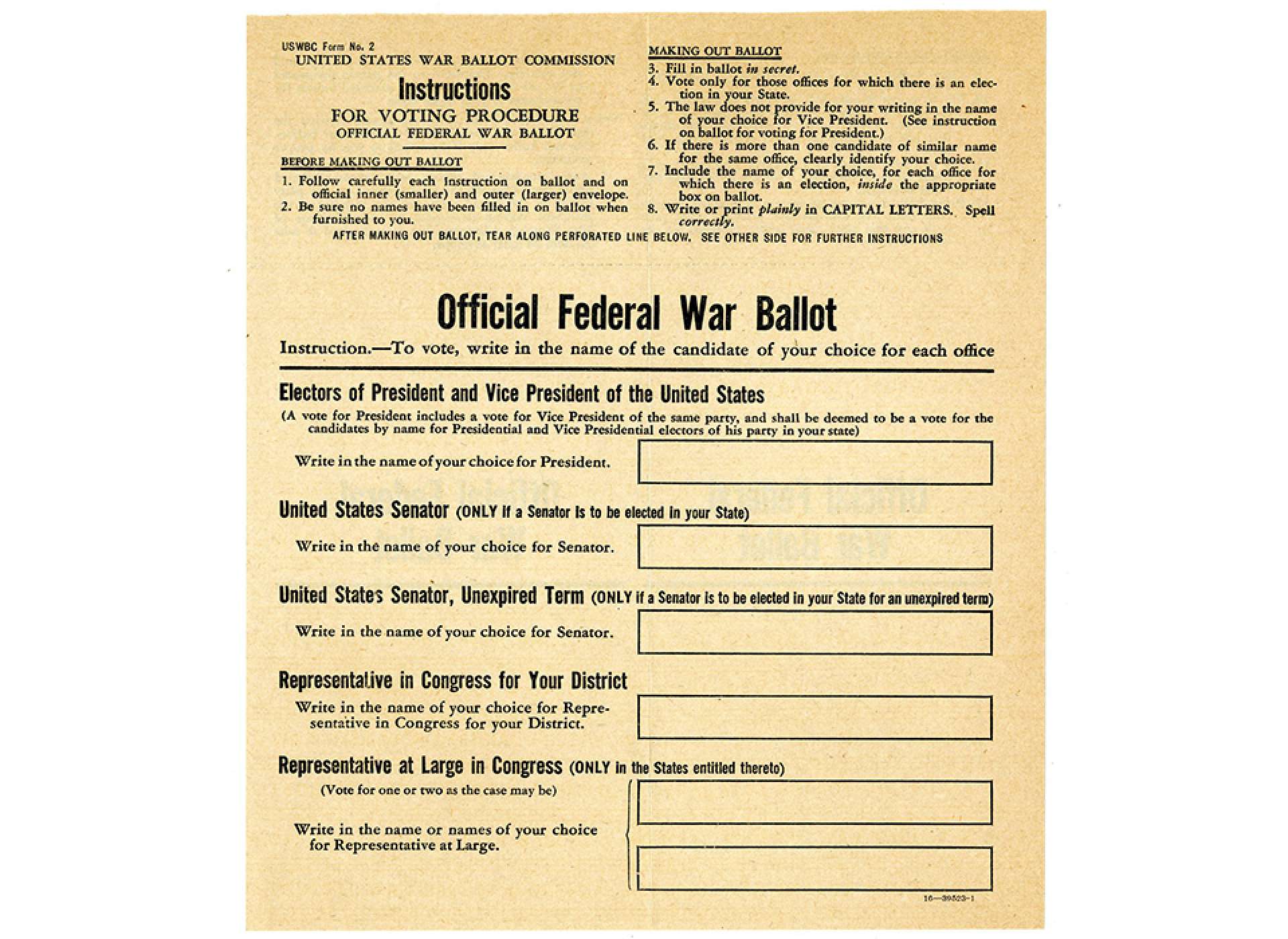
Further reading and viewing:
- Absentee Voting in the Civil War: Ohio Cover
- The Soldier Voting Act and Absentee Ballots in World War II
- “Straw” Vote Gives FDR the Lager: The 1944 POW Vote
- “The Vote” — a film by the U.S. Marine Corps produced in the late 50s or early 60s on the topic.
- Fighting to Lose the Vote: How the Solider Voting Acts of 1942 and 1944 Disenfranchised America’s Armed Forces
Those who seek to restrict the vote are the enemies of democracy.
By the way, are you a servicemember or U.S. citizen abroad who is eligible to vote in Senate runoff in Georgia on 5 January 2020? Check out the FVAP page for Georgia on how to register and request an absentee ballot.


